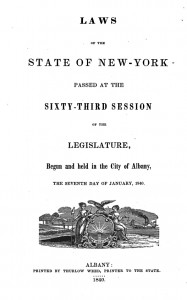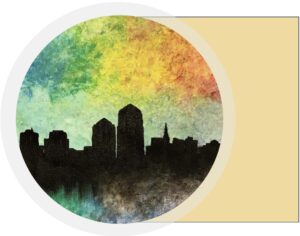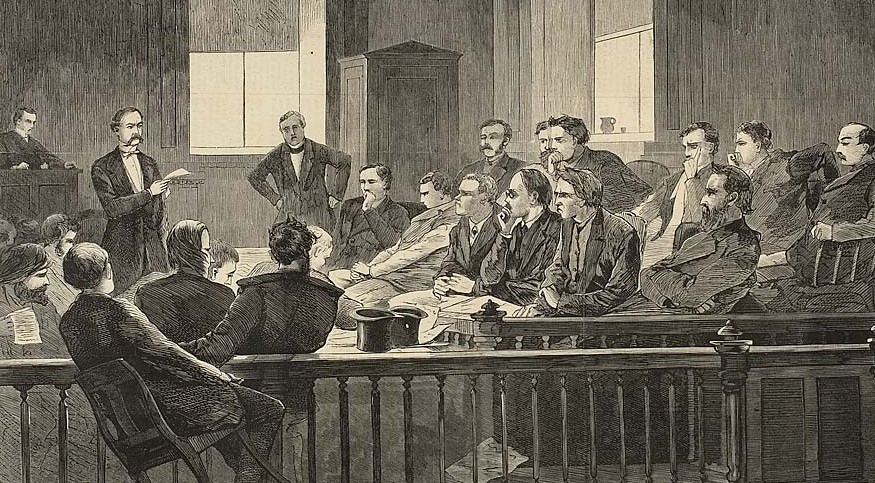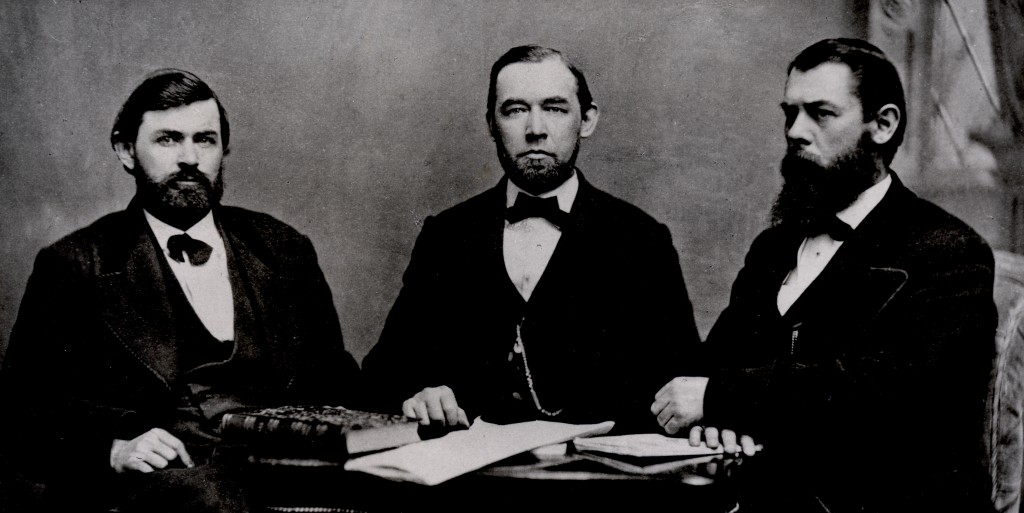Cities of Bail
The commercial bail industry is famously opaque. Bail bonding agreements are private contracts and their terms are rarely disclosed to the public. But mortgaging property relies on a public recording system and thus opens a small but useful window in the world of commercial bail bonding practices. This project surveys property records from six urban counties in the United States from 2000 to 2020 to survey, track, and analyze the use of liens and mortgages to secure pretrial release.
American Legislation Project
 A compilation of public domain sources for state sessions laws, journals, reports, and statutory compilations, from 1800-1920.
A compilation of public domain sources for state sessions laws, journals, reports, and statutory compilations, from 1800-1920.
Sessions laws encompass all of the legislation passed in a single session of a state legislature, usually published annually or biennially. Journals and reports record the proceedings and at times the deliberations of the legislative sessions. About every ten years, many states published systematized compilations or revisions of all statutes currently then in force.
Nineteenth century legislation is in the public domain, and thus many volumes have been digitized and posted by Google Books (or the Hathi Trust). Google Books’s metadata, however, is notoriously complicated or inaccurate. This Omeka site helps researchers quickly find relevant legislation by jurisdiction and date, while sophisticated programmers may benefit from this large catalog of corrected metadata.
Civil Trial Practice & American Litigation
What has American litigation looked like, and how has it changed over the centuries? This site, a continual work in progress, seeks to provide the documentation and visualizations to answer that question.
Laws and regulations “on the books” consisted of courtroom rules, common law precedents, and especially after 1850, elaborate statutes and codes. For on-the-ground actual practice (the “law in action”), treatises and especially student manuals might provide more helpful information. Occasionally even novelists or famous diarists sought to capture the workings of the American civil system in their day.
The Lawyers’ Code:
Tracking the Migration and Influence of the Field Code
New York’s 1848 code of civil procedure, drafted by David Dudley Field, had enormous influence on other American jurisdictions and on law reform in England and its colonies. Collected here are a set of projects that trace textual borrowings among these massive statutes (many of them longer than 100 pages, some longer than 700). The Field Code ushered in the modern American trial, pioneering such devices as contingency fees, pretrial discovery, and enhanced attorney powers over factual investigation.


